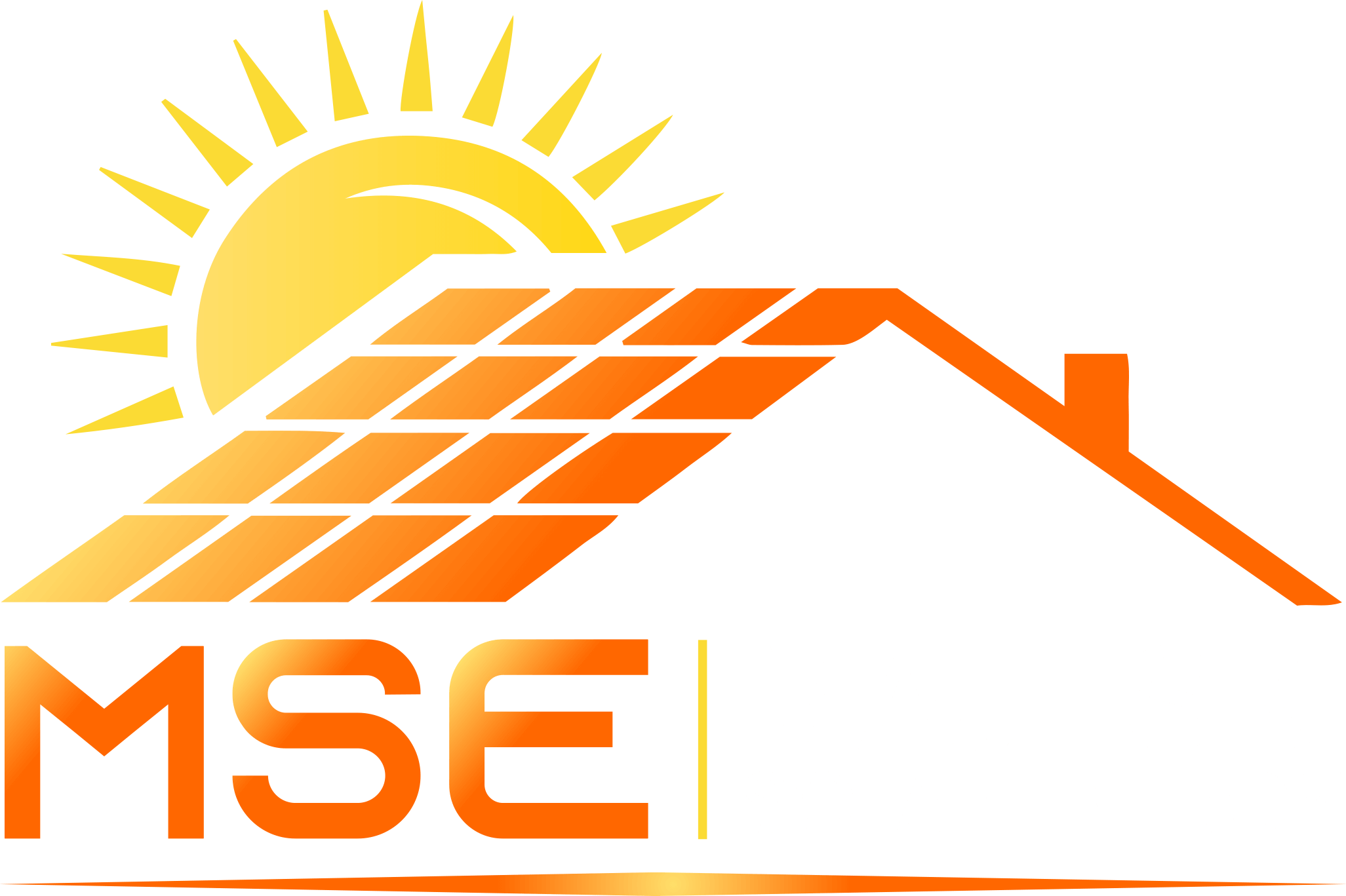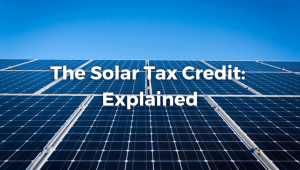
Are you considering the switch to solar energy? Are you looking for ways to make residential solar more affordable? If so, then this blog post is for you! We’ll cover the different incentives and financing options available to homeowners who want to make the switch to solar. So, let’s get into it!

🔍Learn About Residential Solar Incentives
If you’re considering residential solar, you’ll want to learn about the tax credits and incentives that can help make it more affordable. The federal government offers a 30% Investment Tax Credit (ITC) for all solar energy systems, including solar photovoltaic (PV) systems. Additionally, Illinois offers its own incentives, such as the Illinois Solar for All: Residential Solar program which provides rebates for solar PV installations. On top of this, utilities in some areas may offer additional incentives or rebates for installing solar. All of these incentives and credits can help make residential solar a much more attractive option for homeowners.

Research Solar Financing Options
If you are considering residential solar, you will want to research the various solar financing options available. From home equity lines of credit to power purchase agreements, there are a variety of ways to finance your purchase of solar energy systems. Additionally, you may be able to take advantage of federal, state, and local solar incentives including tax credits, rebates, and property tax exemptions. Lastly, you can look into solar loans and grants, as well as renewable energy certificates and net metering agreements. Evaluating each of these options carefully can help ensure you make the best decision for your unique needs.
🔋☀️Explore Federal Solar Tax Credits
Are you considering investing in residential solar? If so, you’ll want to look into the federal solar tax credits available. The federal investment tax credit (ITC) is far and away the best solar incentive. It gives back 30 percent of what you paid for your solar installation costs, including hardware, labor, and site preparation costs. On top of that, the new Residential Clean Energy Credit allows you to subtract an additional 30 percent of the cost of installing solar heating, electricity storage systems, or thermal systems from your federal taxable income. With these two credits combined, you could save up to 60 percent off the total cost of your solar system!
Understand State & Local Solar Incentives
Now that you know about the federal investment tax credit, let’s explore state and local solar incentives. Depending on where you live, there are a variety of incentives available including property tax exemptions, rebates, and loan programs. Utilities may also offer financial incentives to encourage local homeowners to install solar power systems. Check with your state energy office to find out what incentives are available in your area.
Get a Free Solar Quote
Consider Property Tax Exemptions
If you’re looking for further financial help, you should consider property tax exemptions. Many states and local governments offer tax breaks for homeowners who install solar panels. These exemptions can save you hundreds or even thousands of dollars in taxes each year. Additionally, many jurisdictions also waive permit fees and other related costs associated with installing a solar system. Be sure to research the incentives available in your area to maximize your savings.

Research Solar Loans & Grants
If you’re looking to finance your residential solar system, there are a few options to consider. Aside from the federal investment tax credit (ITC), there are loans and grants available to help offset the cost of installation and operation. Home equity loans are available to cover the costs of purchasing solar panels, and some local utilities provide rebates or incentives to encourage homeowners to install solar panel systems. You can also look into power purchase agreements or leasing solar panels if you don’t want to own the system outright. Additionally, some states offer property tax exemptions for homeowners who install solar panels. Researching all of these options can help you find the best way to finance your residential solar system. More about solar incentives.
Investigate Solar Power Purchase Agreements
Now, let’s take a look at solar power purchase agreements. This type of agreement is an agreement between you and a solar energy provider through which you agree to purchase power generated from the solar system installed on your property. These agreements are typically structured in one of two ways: either you pay a fixed rate for the electricity produced by the system, or you pay based on the amount of energy produced by the system. The benefit of this type of agreement is that it allows you to purchase solar energy without the need to invest in the system up front. Additionally, these types of agreements are often accompanied by performance guarantees, allowing you to be assured that your solar energy system will remain operational and produce electricity as expected. More about federal tax incentives.
Evaluate Solar Renewable Energy Certificates
If you’re looking to further reduce the cost of your residential solar PV system, you may want to consider Solar Renewable Energy Certificates (SRECs). SRECs represent the environmental benefits associated with renewable energy production. They can be sold and traded, and the proceeds can be used to help finance your PV system. SRECs are available in most states and can be a great way to reduce costs and make solar energy more affordable.
Analyze Net Metering & Interconnection Agreements
Now that you’ve explored the various residential solar incentives and financing options, it’s time to take a closer look at net metering and interconnection agreements. Net metering is an agreement between residential solar customers and their utility company. With net metering, utility companies agree to buy back any excess energy produced by your solar system. This can help offset some of the cost of your solar energy system. Interconnection agreements are contracts between customers and utility companies that allow customers to connect their solar energy systems to the electric grid. These agreements also outline the conditions in which customers can access the electricity grid, including technical requirements and safety regulations. Understanding net metering and interconnection agreements is essential for taking advantage of all the benefits of residential solar power.

Compare Solar Lease Options In Maryland
Leasing a solar system for your home in Maryland is another financing option to consider. This involves signing a contract with a third-party solar company that will own and maintain the system. You will pay a monthly fee for the lease and will benefit from the energy produced by the system. In some cases, you may also be able to buy the system at the end of the lease period. It’s important to read your lease agreement carefully and understand all of the terms and conditions before agreeing to sign. Solar leases vary by company, so it’s wise to compare offers from different providers in your area before making a decision. Guide to federal solar incentives.
Learn More about The Advantages Of solar Energy
Majeski Solar Energy
Leave a Replay
About Majeski
Majeski Solar Is a Solar Installer company, and Top Tier Solar Installer in Washington D.C. , Virginia, and Maryland.










